Search Results
Showing results 901 to 920 of 1644
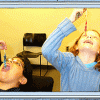
Grow Rock Candy
Source Institutions
Learners grow sugar crystals (rock candy). They make a hot solution that has an excess of sugar dissolved in it, then as the solution cools, they see sugar crystals form.
Fish Family Identification
Source Institutions
In this game, students will become familiar with fish shapes, learn that fish within a given taxonomic family have similar body shapes, and discuss how different body shapes enable fish to survive in

Release the Rainbow
Source Institutions
In this activity, learners create a water prism to break light into the seven colors of the rainbow.
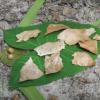
Discovery Time: Turtles
Source Institutions
In this activity, young learners (2 years and up) explore turtle basic adaptations and biology. Turtle external anatomy is explored by "building" a turtle with a nature collage.
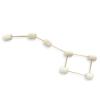
Marshmallow Constellations
Source Institutions
In this activity, learn about the cultural stories behind constellations. Then recreate your favorite constellations using marshmallows and toothpicks.

Build A Battery
Source Institutions
The Let's Do Chemistry "Build a Battery" activity lets participants learn how batteries work and how materials behave, change, and interact by building their own simple battery out of metal and felt w

Get Moving! Active Play Indoors and Outdoors
Source Institutions
In this activity, learners explore the importance of active play.
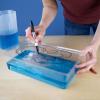
Exploring Earth: Rising Sea
Source Institutions
“Exploring Earth: Rising Sea” is a hands-on activity demonstrating ways to use topographical mapping techniques to track changes in sea level. The activity is connected to current NASA research.
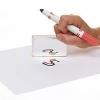
Mirror, Mirror
Source Institutions
In this activity, learners discover that it is difficult to trace a curve by using its reflection in a mirror. Use this activity to discuss how the brain works.

Instant Ice
Source Institutions
In this activity, learners observe a quick phase change as water rapidly goes from a liquid state to a solid state.
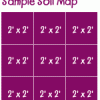
Creating a Soil Map
Source Institutions
In this activity, learners investigate soil conditions by creating a soil map. Learners record soil characteristics and compare the conditions of soil in different grid sections.
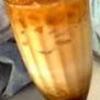
Layered Liquids: Chemistry You Can Drink
Source Institutions
In this chemistry activity (on page 2 of the PDF), learners make a layered drink with liquids of different densities.
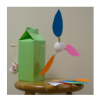
Wind Works!
Source Institutions
Learners will build and experiment with their own windmills made from simple household materials.
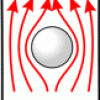
Updrafts in Action
Source Institutions
In this weather activity/demonstration, learners watch as a ping pong ball is suspended in a stream of air supplied by a hair dryer.
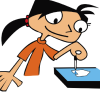
Soapy Boat
Source Institutions
Learners discover that soap can be used to power a boat. Learners make a simple, flat boat model, put it in water, and then add a drop of detergent at the back of the boat.
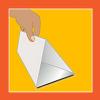
Kaleidoscope
Source Institutions
In this activity, learners investigate the reflective properties of light and mirrors as they make a kaleidoscope.

Thaumatrope Illusion
Source Institutions
Design and create an optical illusion toy that makes two pictures appear to become one. This is called a thaumatrope and will allow the learner to investigate the phenomenon of persistence of vision.

We all Scream for Ice Cream
Source Institutions
In this activity, learners observe how salinity affects the freezing point of water by making and enjoying ice cream.
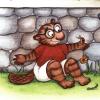
Liquid Lens
Source Institutions
In this activity, learners discover that they can create a lens from a water drop. Learners test their lens by looking at words or pictures.
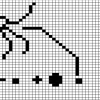
Translating an Alien Message
Source Institutions
In this activity, learners work together to interpret an "alien message." The group pretends that this is the only message from an imaginary civilization, so there is no "key" and thus no "correct" wa
